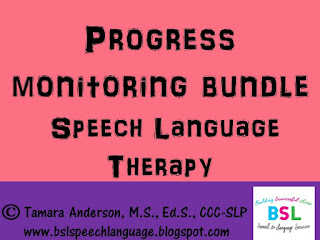Hey there! :) We've reached the middle of the work week! Yeah! I want to share with you 4 of my keys that help me have a successful week. Here they are:
WORK HARD. PLAY HARD. REST HARD. PRAY HARD.
I truly believe that if you implement these 4 strategies that your week will be more productive and you will feel more energetic and content! I'm sure we all rather feel like our BEST self rather than wanting to hit rewind to redo our day.
Here's my take on these 4 keys.
1) WORK HARD.
Each day you should word hard at using your gifts, talents, and professional skills to serve others. Make sure you have a list or a mental note at least of the tasks you NEED to accomplish today. Then, press forward to getting those tasks done. Make sure you add a smile as you execute those tasks! :) I highly recommend that you consistently use your calendar to keep up with all work meetings and deadlines. Staying organized at work is also a key to staying on top of all your tasks!
2) PLAY HARD.
Success is doing what you LOVE! Spend some time participating in an activity you really enjoy. It may be going for a run after work, going to the gym, attending mid week church service, spending some mindless time watching tv, cooking, or catching up on the latest social media happenings.
3) REST HARD.
You have got to get enough sleep! Plain and simple. Stop saying you're a night owl if it negatively impacts your productivity the next day. If you can benefit from a quick 15-30 minute nap in the afternoon or early evening, do it! Now if you have other responsibilities like helping your kids with homework or making dinner, I understand. However, I suggest rearranging the home schedule to allow time for REST even if it's sitting on the sofa for 20 minutes.
4) PRAY HARD
This is simply talking with God. Tell him how thankful you are for him loving, guiding, and protecting you and your family each day. I start every day with a morning devotional reading and prayer. Check out intouch.org for a FREE monthly booklet of daily readings. Throughout the day, I encourage you to check in with God. I truly believe prayer is a conversation with God. Over time, you will learn to "hear" his voice as you make various decisions throughout the day.
I hope that you find these 4 strategies for a successful week beneficial! I'd love to hear what you think. Leave a comment below and keep in touch with me by subscribing to this Building Successful Lives blog.
Blessings,
Tamara Anderson

















